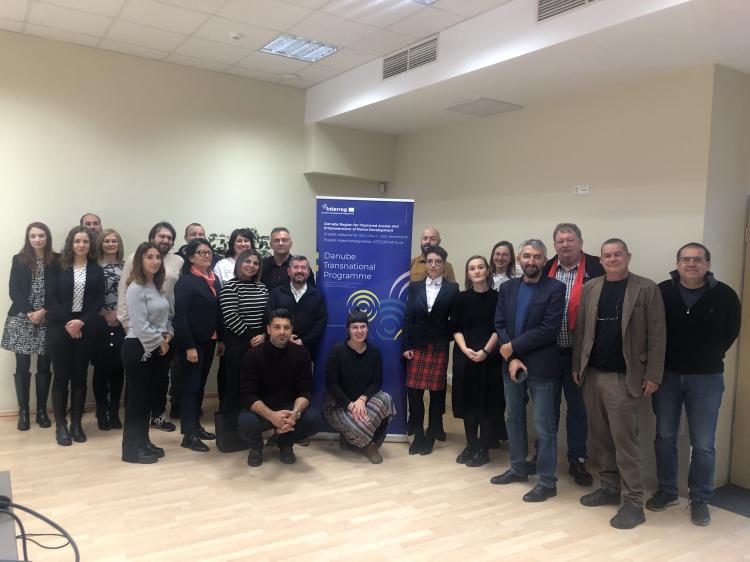Exclusionary dynamics of social inequality and poverty are mirrored in every aspect of daily life of Europes 10-12 million Roma people. In recent years, hope of progress has been shattered by hardened political discourse with particularly harsh impact on Roma, living in overwhelmingly poor conditions on the margins of society and facing extreme levels of social exclusion. Shameful persecution at national levels, underpinned with vows to root out and expel Roma, has shifted the conversation from the need to improve a situation the minority has been condemned to, to questioning their right to inhabit areas they have made their home. DREAM ROAD seeks to empower members of Roma communities to become agents of change. Participatory development of novel interventions to enhance digital, information and functional literacy of Roma people and establishment of broad alliances in their implementation are key results of the projects. Transferrable pilot implementations root in the development of computer-supported collaborative learning labs as catalysts of knowledge, hands-on learning and digital access, where members of overlooked and often failed communities can obtain skills and know-how to function as informed users and equal members of society. Meaningful cooperation of Roma communities, public authorities and local communities is key in achieving success in implementation of such community ecosystems. DREAM ROAD builds capacities of public bodies to better cope with Roma issues through innovation and dialogue, providing community representatives with the know-how to achieve lastig impact. The long-term objective is to create enduring and meaningful, transparent and interactive processes stimulating mutual responsiveness of all societal actors. Transnational framework will allow for implementation of transferrable solutions, tested in locally specific environments, which will serve as guidelines in future policymaking.
